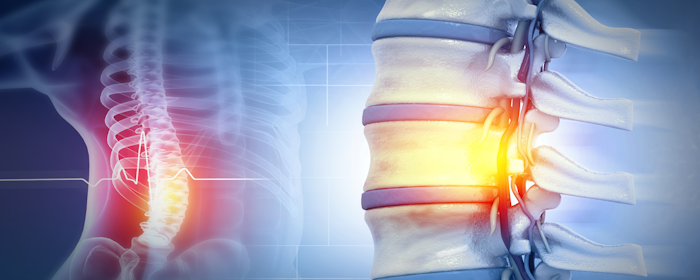Understanding Ankylosing Spondylitis (AS)
Medical Review: Dr. Gerald Mastaw, MD – Board-Certified PhysicianLast Updated: October 2025 What Is Ankylosing Spondylitis? Ankylosing spondylitis (AS) is a chronic form of arthritis that primarily affects the spine and the sacroiliac joints, which connect the spine to the hips.It often begins with stiffness or pain in the lower back — especially noticeable in…




